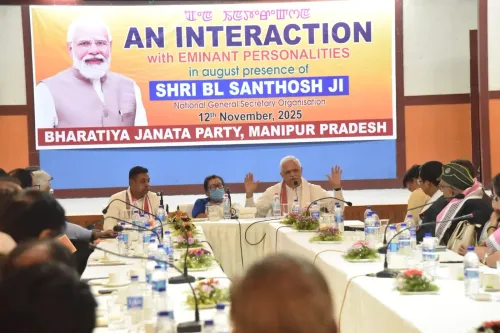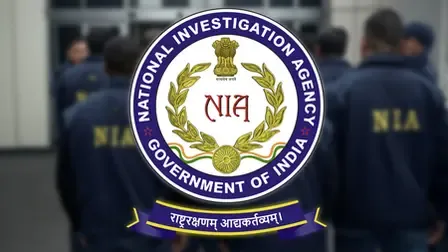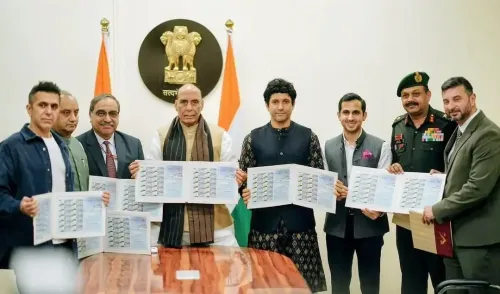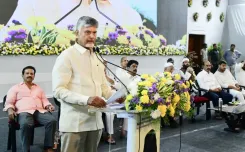M.K. Stalin Calls on PM Modi to Safeguard Muslim Rights by Repealing Waqf (Amendment) Bill
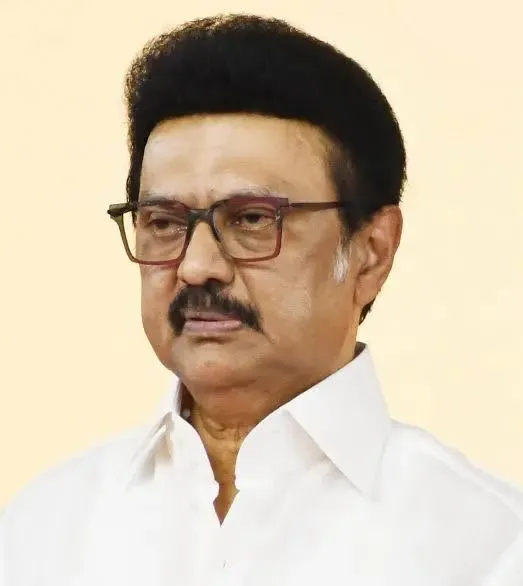
Synopsis
Key Takeaways
- M.K. Stalin calls for PM Modi's intervention on Waqf Bill.
- Concerns about the impact on Muslim rights and Waqf institutions.
- The current 1995 Act adequately protects Waqf interests.
- Proposed changes threaten religious autonomy of the Muslim community.
- Tamil Nadu Assembly passed a resolution to withdraw the Bill.
Chennai, April 2 (NationPress) Tamil Nadu Chief Minister M.K. Stalin on Wednesday implored Prime Minister Narendra Modi to step in and safeguard the rights of Muslims by retracting the proposed Waqf (Amendment) Bill, 2024, which is presently under consideration in the Lok Sabha.
In a letter, the Chief Minister urged the Prime Minister to take personal action to protect the rights of Muslim minorities and to ensure the continued integrity of Waqf institutions. He asserted that the existing 1995 Act is adequate to protect Waqf interests.
In his correspondence with the Prime Minister, M.K. Stalin voiced serious concerns over the possible ramifications of the Bill on the rights of the Muslim community and the operations of Waqf Boards.
M.K. Stalin underscored that Tamil Nadu has consistently been a leader in defending minority rights and fostering religious harmony.
He claimed that the proposed amendments threaten the constitutional guarantee that permits every citizen to practice their religion freely and without hindrance.
“The suggested alterations to the Waqf Act, 1995, disregard the constitutional safeguards provided to minorities and are poised to severely affect the interests of the Muslim community,” he stated.
The Chief Minister remarked that the current Waqf Act has proven its effectiveness over time and contains strong mechanisms for the protection of Waqf properties. However, he cautioned that the amendments would dilute the authority and responsibilities of Waqf Boards, thus jeopardizing the effective management and safeguarding of these religious and charitable assets.
Pointing out specific issues, M.K. Stalin highlighted the proposed addition of two non-Muslim members to State Waqf Boards, which he argued would diminish the community’s religious autonomy.
He also condemned the elimination of the ‘Waqf by user’ clause, asserting that it would threaten the status of numerous historical properties.
Additionally, a new provision stipulating that only individuals who have practiced Islam for a minimum of five years can contribute to Waqf institutions would discourage donations from non-Muslims, thus disrupting India’s syncretic culture, he contended.
M.K. Stalin noted that the Tamil Nadu Legislative Assembly had unanimously passed a resolution on March 27 demanding the complete withdrawal of the Bill.

